
NATO Secretary General Jens Stoltenberg attends a news conference with Ukrainian Minister for Foreign Affairs Dmytro Kuleba (not pictured) and European High Representative of the Union for Foreign Affairs Josep Borrell (not pictured) at the Alliance's headquarters in Brussels, Belgium, February 21, 2023. REUTERS/Johanna Geron
NATO Secretary General Jens Stoltenberg said on Tuesday evening in Skopje that he saw no military threat from Russia to any NATO member or the region. From Skopje, he called on Russia to refrain from aggressive actions against its neighbors and to stop its military aggression against Ukraine.
“We remain cautious, we are watching closely what Russia is doing and we will remain united,” Stoltenberg said. According to him, the Alliance has a military presence in the region, with KFOR, the General Staff in Sarajevo and offices in Belgrade. “We are ready to move quickly and do whatever is necessary to defend any ally against any threat, but we do not see anything that would pose a threat to any NATO ally,” Stoltenberg said.
Referring to Bosnia-Herzegovina and Kosovo, Stoltenberg said that security in the Western Balkans was of crucial importance to NATO and that there was cause for concern there: “Authoritarian states want to undermine our freedom and our way of life, including here in the Western Balkans.” They are spreading disinformation, sowing discord and undermining democracy,” said Stoltenberg.
“Our response must be to work even more closely together in NATO, through our military presence and our cooperation with allies and partners, because we really are a major force for stability in the region.”
Macedonian Prime Minister Kovacevski says that the country is fighting together with NATO against Russian influence in the region and that the institutions are doing their job.
“The influence of third countries, including Russian influence, exists in the region and they can always find like-minded people in individuals, in certain political parties and in certain organizations, but they don’t even come close to what our institutions possess,” Kovacevski said, adding that NATO member states and Macedonian security services have information that prevents destabilization of the country.
The visit to North Macedonia marks the end of the Alliance chief’s tour of the Western Balkans, during which he also visited Bosnia and Herzegovina, Kosovo and Serbia. Prior to the speech, the NATO Secretary General also met with the Speaker of Parliament Talat Xhaferi. In his speech to the MPs, Stoltenberg said that very often the allies that were part of the Eastern Bloc joined NATO first and then the EU.
According to him, EU membership will further strengthen your democracy, rule of law and social justice and increase opportunities for young people. “All political parties have a responsibility to work together and move the country forward.” I encourage you to continuously work for EU membership, just as you worked for NATO membership. To conclude your journey at the heart of the European family of nations. “Membership in NATO will pave the way for your membership in the EU, as it did for many countries before you,” Stoltenberg said. In order to continue negotiations with the EU, North Macedonia must amend the preamble of the constitution to include the Bulgarian minority, a condition agreed upon by the two neighboring countries.
However, there is currently no two-thirds majority in the North Macedonian Assembly, as the largest opposition party VMRO-DPMNE rejects the constitutional amendments. Stoltenberg ended the first day of his visit to the country with a meeting with the President of North Macedonia, Stevo Pendarovski. However, on November 22, Skopje will host an informal meeting of the leaders of NATO allies from the region. NATO Secretary General Jens Stoltenberg and the Prime Minister of North Macedonia, Dimitar Kovacevski, will welcome the Prime Minister of Albania, Edi Rama, the President of Croatia, Zoran Milanović, the Prime Minister of Montenegro, Milojko Spajić, and the Prime Minister of Macedonia Slovenia, Robert Golob. “The fact that the regional summit of NATO heads of state and government will be held here is a recognition of North Macedonia’s contribution to the Alliance,” says the NATO chief. North Macedonia has been part of the Alliance for almost four years. The country became NATO’s thirtieth member on March 27, 2020. However, its commitment to Euro-Atlantic integration dates back to 1993, when the Assembly adopted a resolution setting out the country’s external political priorities, namely NATO and EU membership / The Geopost

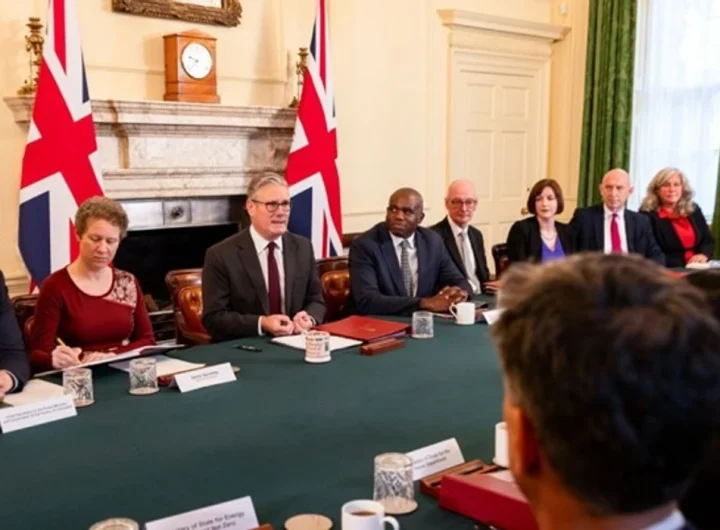 British Intelligence MI5 Warns Politicians They Are Targets of Russian and Chinese Espionage
British Intelligence MI5 Warns Politicians They Are Targets of Russian and Chinese Espionage 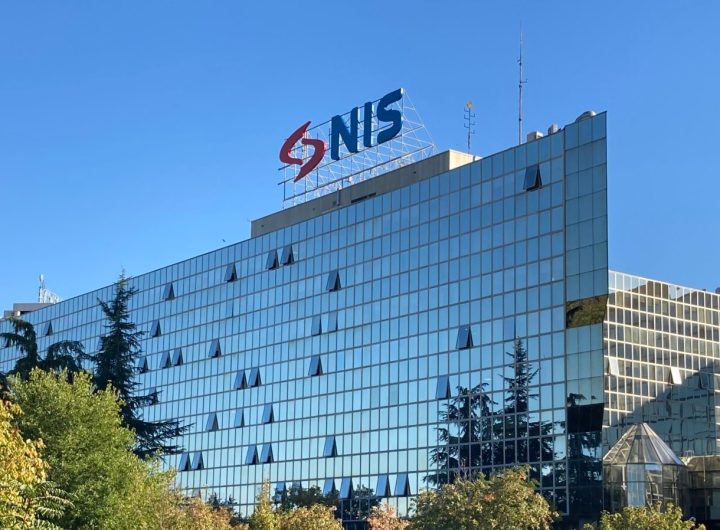 US sanctions, bad news at the start of the heating season in Serbia
US sanctions, bad news at the start of the heating season in Serbia 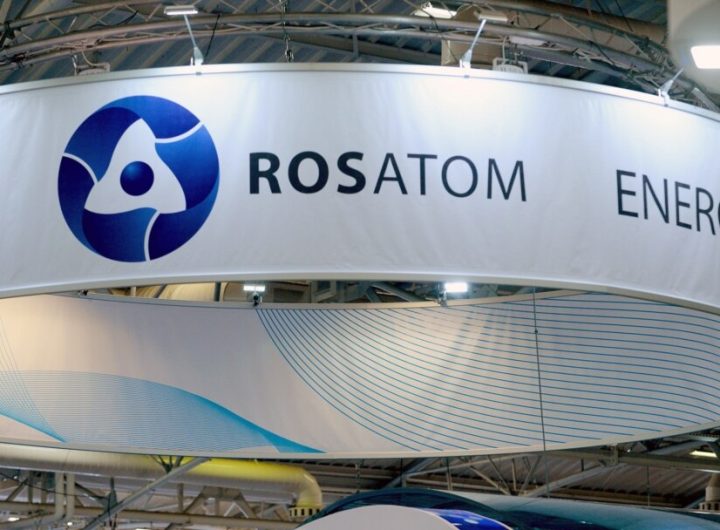 Russia offers nuclear energy to Serbia
Russia offers nuclear energy to Serbia 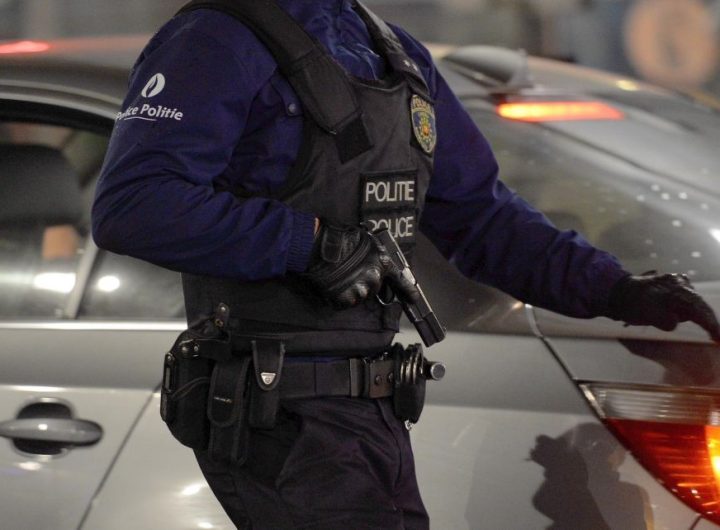 Brussels police officer who had access to diplomats charged with spying
Brussels police officer who had access to diplomats charged with spying 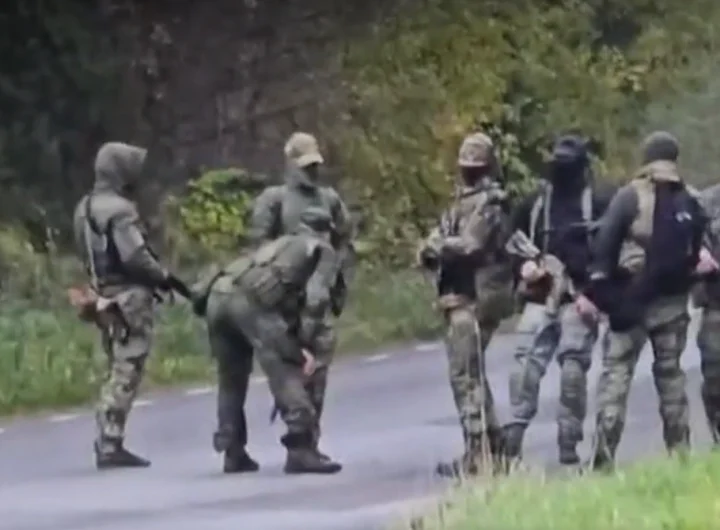 Estonia’s border guard: Armed Russian groups seen in Saatse Boot
Estonia’s border guard: Armed Russian groups seen in Saatse Boot 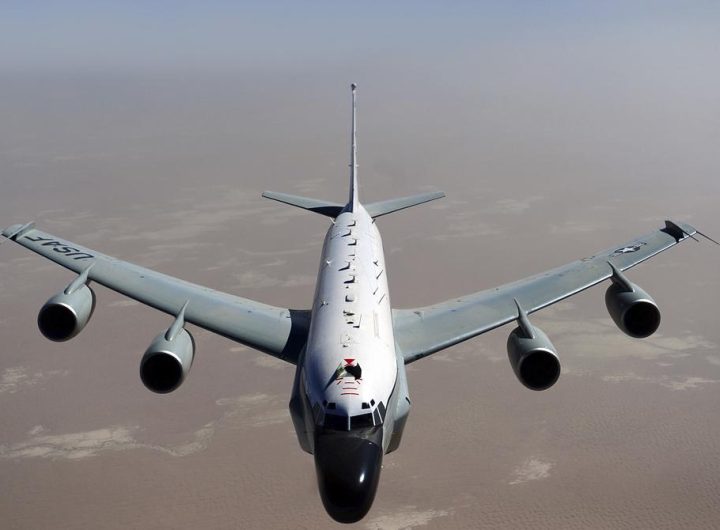 UK’s RAF surveillance aircraft flies 12-hour mission along Russian border
UK’s RAF surveillance aircraft flies 12-hour mission along Russian border